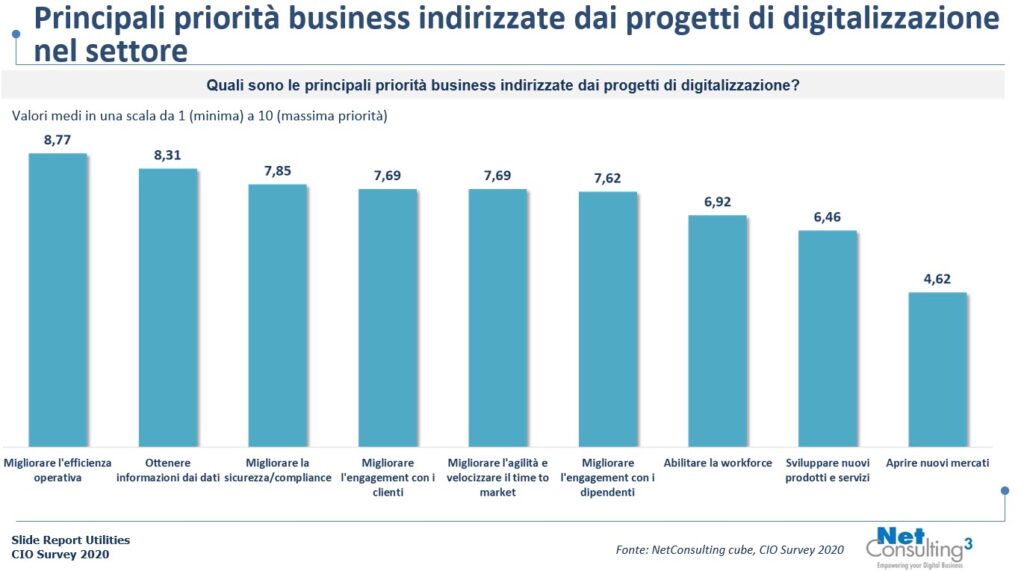
It is now a key part of society that technology can be used to improve financial services. While fintech has made financial service more accessible, it also raises issues about consumer protection. As the SEC's nominee to lead the agency, Gensler outlined a timeline of innovations in the financial industry. Gensler states that the concept financial technology (or Fintech) is a result of the creation of money.
Fintech is the acronym for "financial technologies"
Fintech is any technology that can deliver financial services. This includes online banking, cryptocurrency, as well as checking your savings account. Fintech is a complex term, difficult to define and controversial in origin. Word Spy claims that Fintech was first mentioned in the mass media on August 11, 1986, when it was first used by Peter Knight, the Sunday Times editor. Many believe that the term originated with the SWIFT system, which allows international money transfers.
Fintech has revolutionized the financial services industry. It has also had a profound impact on how consumers buy coffee and manage money. Fintech used to be a term that referred to technologies that were applied to traditional financial institutions' back end systems. However, today the term is being expanded to include consumer-facing services and applications. Fintech will help people manage their finances, purchase stock, pay bills and even buy food in the future.

It's the integration of technology in offerings by financial service companies
Financial services companies today are looking for new technology that will improve their efficiency, speed, and customer experience. In particular, companies have been seeking ways to utilize the digitalization of banking technology to transform their business processes. These tools enable companies to offer innovative products and services that are based on goods flow monitoring, on-demand liquidity and smart contracts.
Although financial technology isn’t a new concept, it has undergone significant change over the past decade. Technology's advancements have enabled upstarts to make use of technology to cut costs and improve service delivery. Since the 1960s introduction of automated ATMs (ATMs), financial institutions have been exploring ways to integrate technology into the offerings of their customers. Credit cards have revolutionized the way that we pay for our services even though they were invented long before ATMs.
It has made financial services accessible to more people
Millions of people can now access financial services online thanks to the digital transformation. A World Bank survey found that 140 countries' citizens use online payment systems to manage their finances. While this has opened up new avenues for financial inclusion, it also poses challenges.
Mobile banking is one example of financial technology. These applications make it possible for consumers to receive and make money from their bank account without even visiting the bank. A smartphone can be used to deposit checks.

It has raised concerns regarding consumer protection
As digital banking has grown in popularity, consumers have a greater need for protection. Digital banking is a way for consumers to share personal information that financial institutions can use in marketing, identity verification and credit approval. While this is a great tool, it also raises the risk of hacking or data breaches. The vulnerability of these systems has been demonstrated by the recent hacks of banks, credit card companies, and other financial institutions. Therefore, customers should question the severity of these risks and ask whether fintech companies have made a commitment to protect their clients' personal information.
Consumer protection agencies need to be flexible enough in order to adapt to changes in the financial technology sector. The role of regulation has changed to encompass cross-cutting concerns like data security and accessibility as consumers become more familiar with new financial products. The number of products and services that consumers have access to has increased due to digitalization. This creates new risks that must be addressed, and a need to review current consumer protection rules.
FAQ
Do I require legal advice?
Yes! Yes. Many consultants will create contracts for clients without seeking legal advice. This can lead to issues down the road. For example, what happens to the contract if the client terminates it before the consultant has completed? What happens if the contract stipulates that the consultant must meet certain deadlines?
Avoid any legal issues by speaking with a lawyer.
What is the difference between a consultant and an advisor?
An advisor is someone who provides information about a subject. A consultant provides solutions to problems.
To help clients achieve their goals, a consultant works directly with them. Advisors advise clients indirectly via books, magazines, lectures and seminars, etc.
What skills are necessary for consulting?
Strong interpersonal and analytical skills are essential for consultants. This is crucial because you might not be able to understand what you are doing when you work on complex projects. You will need to learn how you manage people and solve problems quickly.
Also, you must have great communication skills. Most clients expect an answer within 24hrs. If they don’t hear back, they assume that you aren’t interested. It's crucial to keep them informed and make sure they understand everything.
How did modern consulting come to be?
Accounting professionals were the first to become consultants. They helped companies manage their finances. They became known as "accounting consultants." This was because they had become very skilled at managing financial information. But, their role soon expanded to other areas such as human resource management.
The French word for advice, "consultant", was originally used to describe someone who could advise on the management of an organization. In fact, most business owners today still use the word consultant when referring to any kind of professional advisor.
Statistics
- According to IBISWorld, revenues in the consulting industry will exceed $261 billion in 2020. (nerdwallet.com)
- On average, your program increases the sales team's performance by 33%. (consultingsuccess.com)
- WHY choose me: Why your ideal client should choose you (ex: 10 years of experience and 6-week program has helped over 20 clients boost their sales by an average of 33% in 6 months). (consultingsuccess.com)
- Over 50% of consultants get their first consulting client through a referral from their network. (consultingsuccess.com)
- 67% of consultants start their consulting businesses after quitting their jobs, while 33% start while they're still at their jobs. (consultingsuccess.com)
External Links
How To
How can I start an advisory business with no money?
A simple and effective way to get started with your own consultancy business - without any capital investment!
This tutorial will help you learn how to make extra money while working remotely, improve your skills, and achieve success.
Here are some secrets to help you get traffic on demand.
This is known by the name "Targeted Traffic". This method was designed specifically for you to do this...
-
Find out what niche you want.
-
Research which keywords people use to find solutions on Google.
-
These keywords should be used to create content.
-
Post your articles on article directories.
-
Use social media sites to promote your articles.
-
Develop relationships with experts in the niche and influencers.
-
Get featured on those blogs and websites.
-
By sending emails, you can increase your email list.
-
Start making money.